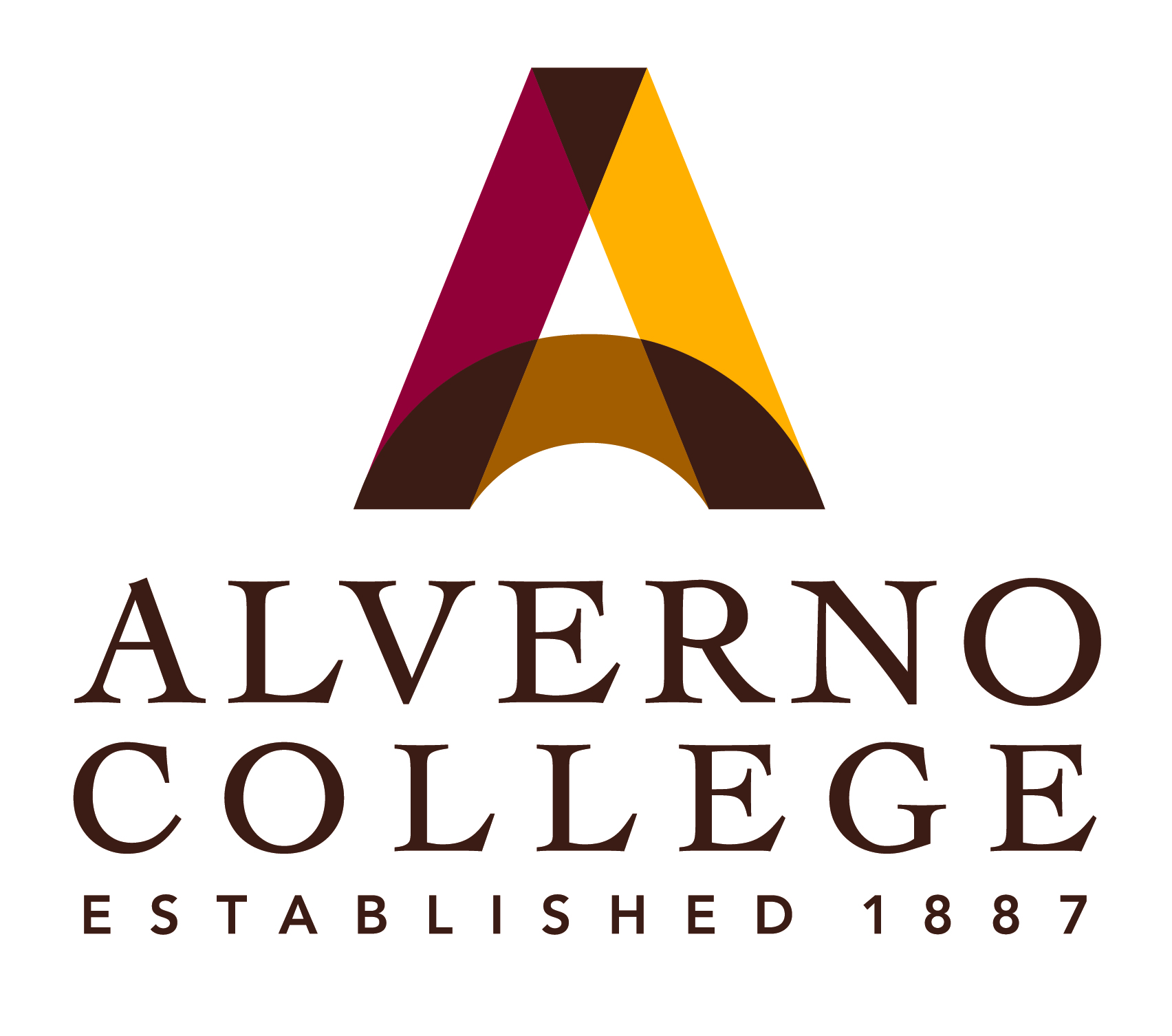Upskilling: Learning Pathways Support Workforce Development and Retention
By Meghan Walsh, Dean
School of Adult Learning and New Initiatives It’s an old adage in sales that it costs far less to retain a new customer than to gain a new one, and HR leaders know the same is true of employees. When employees leave, the costs of replacing them are both tangible, (costs of posting the job, hours spent interviewing, hiring, and training, and decreased department efficiency) and intangible (company culture impact, corporate knowledge brain drain, and the effect on morale of the team left behind to pick up the slack). No matter the employment landscape, the benefits of retaining talent cannot be denied.
It’s an old adage in sales that it costs far less to retain a new customer than to gain a new one, and HR leaders know the same is true of employees. When employees leave, the costs of replacing them are both tangible, (costs of posting the job, hours spent interviewing, hiring, and training, and decreased department efficiency) and intangible (company culture impact, corporate knowledge brain drain, and the effect on morale of the team left behind to pick up the slack). No matter the employment landscape, the benefits of retaining talent cannot be denied.
A good retention strategy often includes being intentional about promoting from within. Recognizing and advancing internal talent saves the company money, and addresses one of the top reasons good employees choose to leave. According to a 2022 study by the Pew Research Center, 63% of workers who resigned in 2021 said “no opportunities for advancement” was a contributing factor.
We know it pays to keep your team intact, and to promote dedicated workers whenever possible, but, what if you have open roles your internal candidates are not equipped to fill? According to McKinsey & Company, “87% of companies say they have skill gaps, or expect to within a few years.” To address internal skills gaps, consider creating learning pathways, or more specifically, establishing an education partnership to build the learning pathways needed to meet your current and future workforce needs. According to a recent study by the Lumina Foundation, 86% of employees want to work for a company that invests in their professional development, and “94% agree that ongoing education and training is critical to improve their job performance.”
Alverno College created the Pivot Your Skills program to address the skills gaps in Wisconsin. In creating the program, faculty worked directly with local employers to identify the needs, and designed four learning pathways addressing those that were most pressing: Operations Management, Data Analysis, Leading for the Future, and Non-Profit Management.
The goal is growth, both for the individuals in the program, and for the organization that sponsors their employees’ participation. Dr. Linda Olszewski, Associate Professor of Business explains, “Talented working professionals may lack the specific skills and knowledge that your organization requires. Our program will quickly get these professionals prepared, setting them up for present success and future growth within your organization.”
It’s never too early to invest in the future of your workforce. Educational partnerships and learning pathways can help you develop and retain your talent now, and into the future.
Sources:
McKinsey & Company: Mind the (skills) gap: https://www.mckinsey.com/featured-insights/sustainable-inclusive-growth/chart-of-the-day/mind-the-skills-gap
Pew Research Center: Majority of workers who quit a job in 2021 cite low pay, no opportunities for advancement, feeling disrespected: https://www.pewresearch.org/short-reads/2022/03/09/majority-of-workers-who-quit-a-job-in-2021-cite-low-pay-no-opportunities-for-advancement-feeling-disrespected/
University of Massachusetts Global: How Promoting from within Could Benefit Your Business: https://www.umassglobal.edu/news-and-events/blog/promoting-from-within
Harvard Business Review: Create Learning Pathways to Close Your Organization’s Skills Gap: https://hbr.org/2022/02/create-learning-pathways-to-close-your-organizations-skills-gap
Lumina Foundation: Workers Want Their Workplace to Pay for Upskilling. Their Employers Should Do It.: https://www.luminafoundation.org/news-and-views/workers-want-their-workplace-to-pay-for-upskilling-their-employers-should-do-it/
Alverno College: Pivot Your Skills Pathways: https://www.alverno.edu/Program/Pivot-Your-Skills-Leveraging-Data



 This post is locked to comments.
This post is locked to comments.
